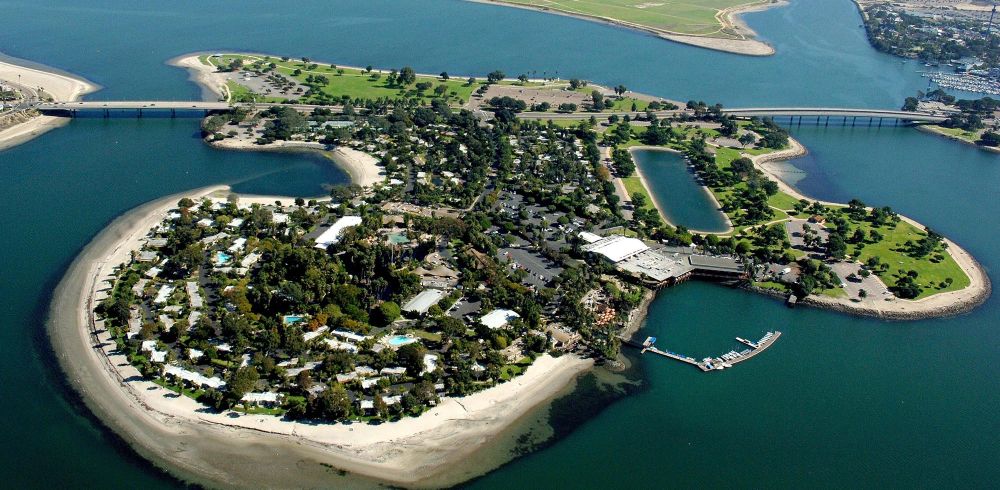

Paradise Point, located on the Arabian Sea coast in Karachi, Pakistan, is a popular spot that has been captivating the hearts of travelers and locals alike for decades. The site is known for its natural rock archway and sandy beaches, making it a picturesque location for anyone seeking to enjoy the sea breeze and scenic beauty.
The history of tourism at Paradise Point dates back to the time when Karachi started to gain prominence as a key port city under British rule. As the city's economy grew, so did the interest in its coastal areas. By the mid-20th century, Karachi had become a bustling metropolis, and infrastructure improvements made coastal areas like Paradise Point more accessible to the general public. The area's natural beauty quickly caught the attention of visitors, establishing it as a go-to location for recreation.
In the latter half of the 20th century, as Pakistan developed its tourism industry, places like Paradise Point gained even more popularity. It became known for family picnics, water sports, and outings. Its proximity to Karachi made it an easy escape for city dwellers looking to enjoy a day at the beach without traveling too far.
Over the years, Paradise Point has seen various development projects aimed at enhancing tourist facilities. From food stalls to beachside activities, efforts were made to cater to the diverse interests of visitors. However, it's important to note that while these developments boosted tourist numbers, they also posed challenges in terms of environmental conservation and sustainability.
The latest tourism trends at Paradise Point reflect a greater awareness of ecological concerns. These days, there is an emphasis on promoting responsible tourism practices that minimize the impact on the natural environment. Activities like bird watching, eco-friendly water sports, and photography are becoming increasingly popular, alongside a revival of interest in the cultural heritage of Karachi's coast.
Sustainable tourism is a key focus, with a push towards maintaining cleanliness on beaches and encouraging visitors to be mindful of their footprint. There is also a trend towards digital integration in tourism, where travelers can easily find information online about the best times to visit, local regulations, and available amenities.
Looking ahead, the future of tourism at Paradise Point seems to be headed in a direction that balances enjoyment with preservation. There is an ongoing discussion among stakeholders to enhance the visitor experience while safeguarding the natural charm and beauty of the area. With concerted efforts from the government and private sector to improve facilities without compromising on sustainability, Paradise Point is poised to remain a beloved destination on Pakistan's tourism map.
As the trend of global tourism continues to evolve, so too will the character of Paradise Point, adapting to the needs and values of travelers from around the world, while retaining its unique place in Karachi's rich tapestry of attractions.